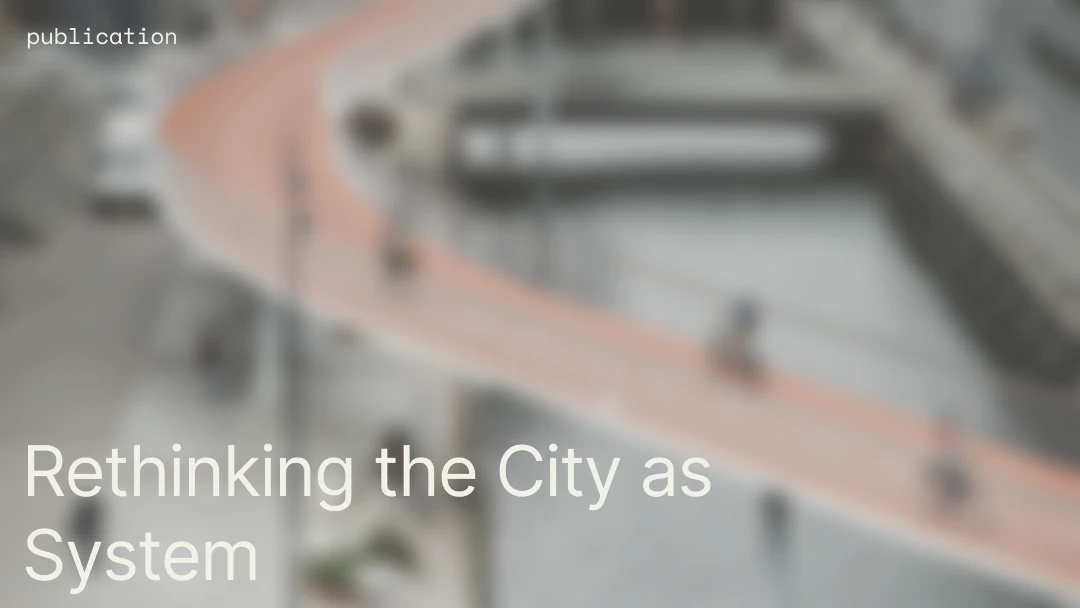
Founded by siblings Diana and Taha Saleh, Danish start-up Rumett is reshaping the plasterboard category by combining fire safety, circular design,and low-carbon material science.
What began as a bachelor’s project has grown into a materials company with a clear mission: to improve how plaster panels are made and used. After witnessing a fire in a refugee camp, co-founder DianaSaleh became focused on improving the safety of temporary shelters.That drive now shapes Rumett’s broader vision—to create high-performance building materials with reduced environmental impact.
At the heart of their innovation is a new kind of plasterboard,developed to reduce resource use, avoid landfill waste, and offer better end-of-life options than conventional drywall. Rumett’s liner-free boards are cast without the usual paper or fibreglass layers, opening up opportunities for both design versatility and simplified recycling.
Rumett’s cast plaster panels are made without liners, giving them a clean finish and enabling easier reuse. These boards match or outperform traditional gypsum drywall in several key areas:
The absence of paper or fibre backing not only makes the boards easier to recycle but also means they can be reinstalled without degradation—an important factor for flexible or short-term fit-outs.

Rumett’s panels are developed in collaboration with contemporary designers and are suitable for a wide range of uses:
The boards are lighter than conventional gypsum alternatives and require only minimal fixings, which speeds up installation and reduces on-site damage. This modularity supports disassembly, reuse,and easy repositioning—key for future-forward construction practices.
A defining feature of Rumett’s product is its use of recycled mineral waste instead of virgin gypsum. This not only diverts waste from landfills but also reduces the raw material intensity of the product by around 30%.
In practice, one Rumett panel can sometimes replace two standard boards for fire protection—cutting down on materials and emissions during transport.
Instead of adhesives, Rumett’s boards are installed using mechanical fasteners, making it easy to remove and remount panels without damage. This approach fits well with emerging regulatory frameworks that emphasise material recovery, and it directly supports more circular construction models.
Rumett estimates their panels produce up to 40% less carbon emissions than industry-standard products. Combined with longer service life and straightforward recyclability, they offer a tangible step forward for architects and contractors looking to reduce environmental impact through specification.

Rumett has begun piloting its materials in collaborative projects,including the Mellow Wall system—developed with MellowDesigns and the Danish Technological Institute—which exploresmodular, reconfigurable interiors for offices and exhibitions.
As an active member of the FUTURE Materials network, Rumett is also sharing its innovations at events andindustry fairs, such as Denmark’s Byg og Bæredygtighed (Build & Sustainability). These platforms are helping Rumett connect with the broader AEC sector and refine its products based onreal-world feedback.
Rumett’s approach is a compelling example of howtargeted material innovation—grounded in performance, recovery, andrealistic carbon goals—can deliver better building outcomes.
Find Rumett's Plasterboard Panels on revalu, here: https://platform.revalu.io/company-profile/home?manufacturerId=67bf2cbf2226266c789bc547&tab=Profile
.png)
.png)
.png)




























